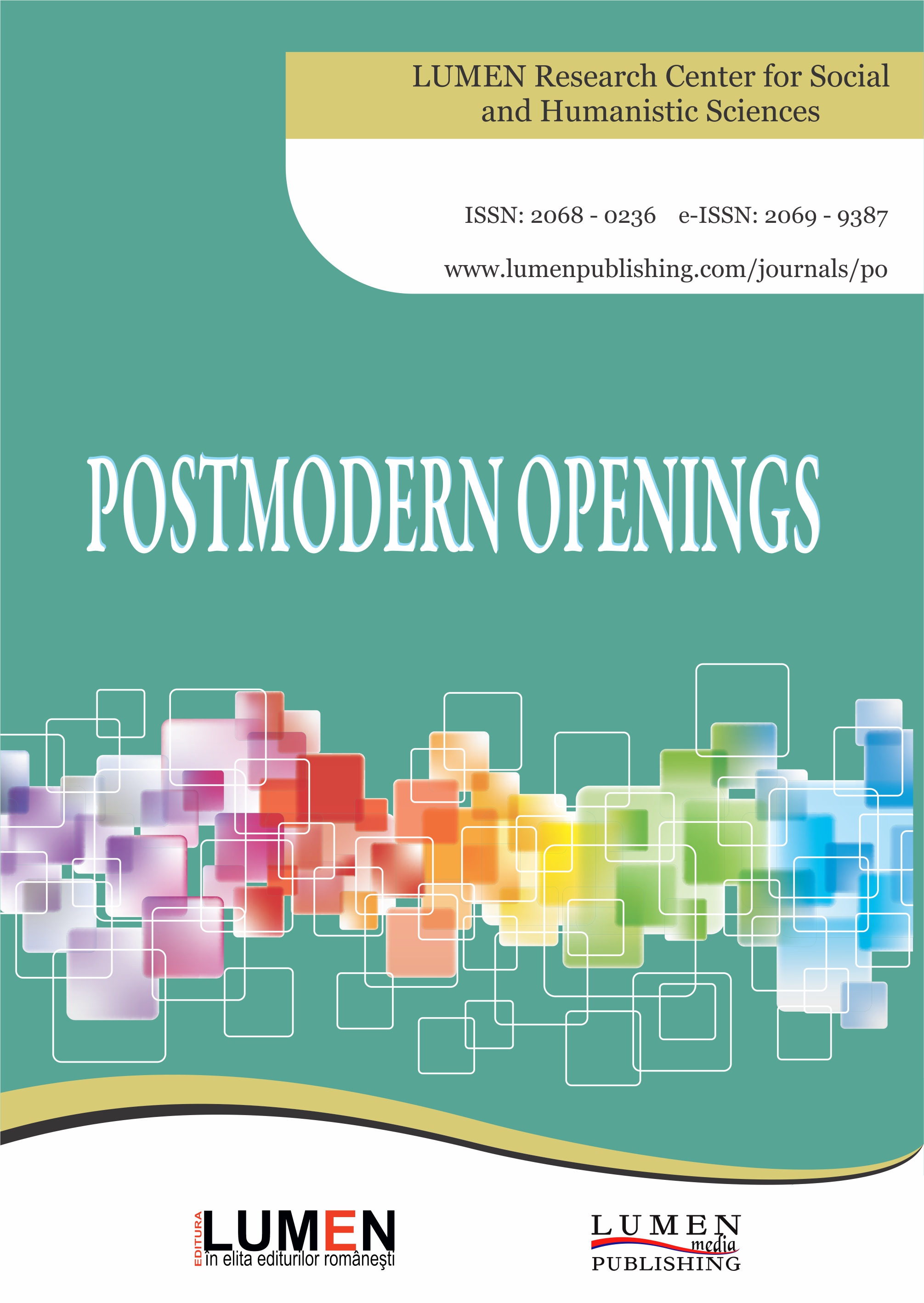The Anti-Representational Paradigm of Richard Rorty Regarding the Concept of “Language”
The Anti-Representational Paradigm of Richard Rorty Regarding the Concept of “Language”
Author(s): Viktoria Slabouz, Leonid Mozhovyi, Yuliia Butko, Tamiliia DotsevychSubject(s): Cultural Essay
Published by: Editura Lumen, Asociatia Lumen
Keywords: Richard Rorty;neopragmatism;postmodernism;philosophy of language;anti-representational paradigm;concept of “language”;theory of truth;human culture;epistemilogization;
Summary/Abstract: The article considers the anti-representational paradigm regarding the concept of “language” presented by the American thinker, the founder of neopragmatism, Richard Rorty. Richard Rorty is the most cited philosopher in the Western philosophical community, the popularity of the texts of the American thinker, and the resonance of his ideas in the modern philosophical community are of great interest and discussion. The relevance of the topic in the context of postmodern society is dictated by the fact that modern American philosophy, in particular, neopragmatism and the concept of “language”, are insufficiently studied and covered in Ukrainian philosophical studies. The purpose of the article is to update the discussions about the philosophical tradition of neopragmatism by Richard Rorty regarding the concept of “language”. The research methods of the study are comparative analysis and descriptive reconstruction. In the course of the study, the following provisions of the philosophy of Richard Rorty have been analyzed: criticism of the epistemilogization of the discourse of philosophy; analysis of the main provisions of neopragmatism, in particular, the theory of truth and anti-representational paradigm regarding the concept of “language” as the basic concepts of human culture.The analysis of the specifics of the formulation and understanding of the main philosophical ideas in R. Rorty’s neopragmatic theory of knowledge allows approaching their analysis unconventionally, which does not refute, but complements and deepens the classical concepts, allowing them to be fruitfully applied to solving problems of specific sciences.
Journal: Postmodern Openings
- Issue Year: 12/2021
- Issue No: 4
- Page Range: 226-240
- Page Count: 15
- Language: English

